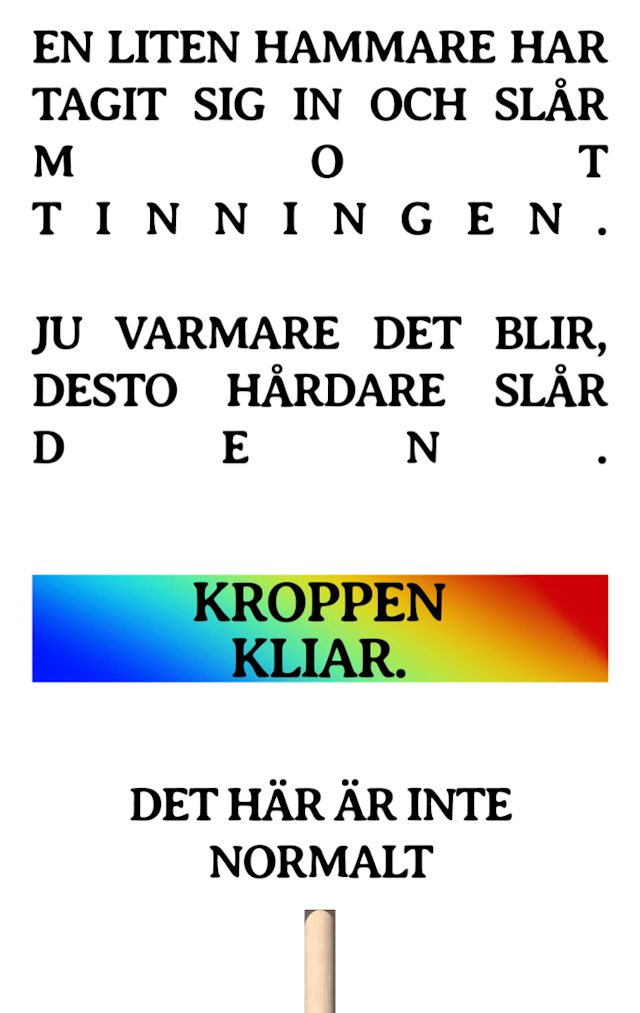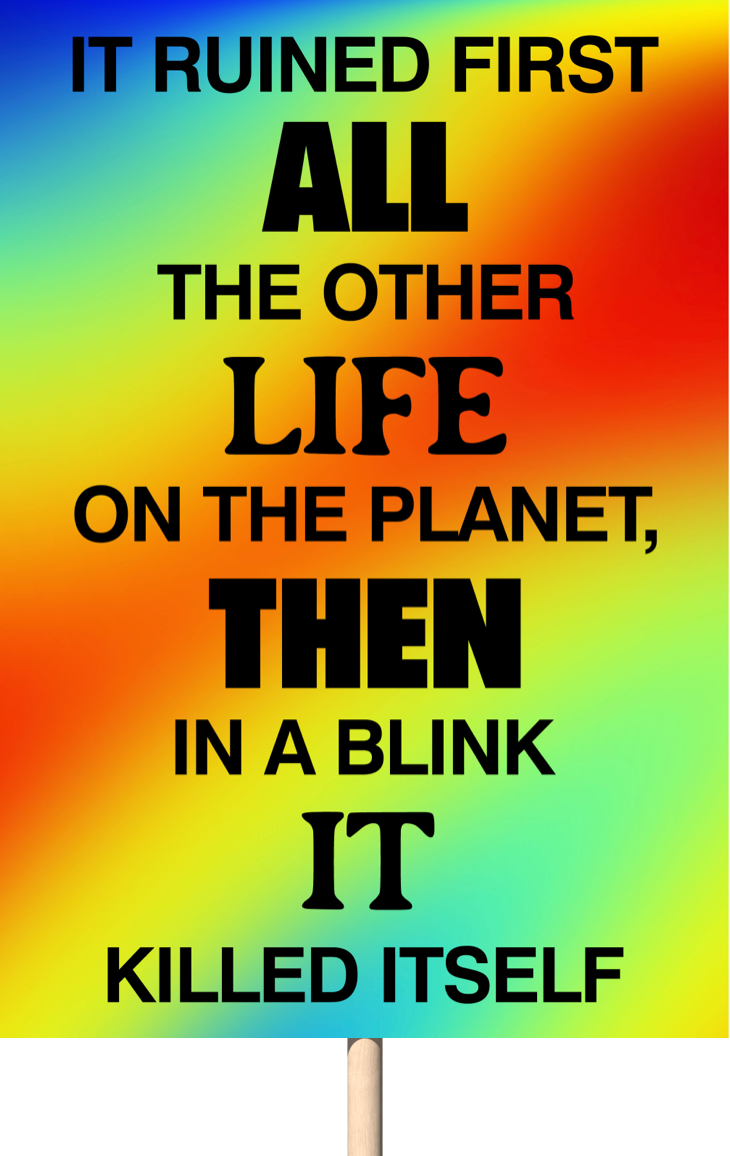Lauren Groff
Get this sign and use it to tackle the climate crisis
– in real-world marches and online.
Donate
This sign is free to download and use, but donations are appreciated. Please consider donating to our partner the Swedish Society for Nature Conservation. Naturskyddsföreningen.se
About the author
Lauren Groff has only ever written award-winning books. As a two-time National Book Award finalist with some dozen other distinctions to her name, she has been a New York Times bestseller, an NRP book club pick, and was designated Florida’s unofficial poet laureate by the Washington Post, on top of being the recipient of a Guggenheim Fellowship in Fiction.
The whole text
This sign features an excerpt from a longer text. See full text
In the beginning there was nothing, then the nothing somehow slid and gave birth to something: time and space, light and darkness, sound and silence, matter and the infinite mysteries of existence. This new something spread outward, ever faster, and the motion spun the matter until it collected, balls of dust rolling around, some so large their sheer mass drew itself in and became gravity. Some balls were even so large that the gravity too was large and they began to burn. Then other balls of dust began to gather, cold balls that liked to warm themselves on the burning ones, circling them, and somewhere in the middle of all this, in a pleat among all these burning and cold balls, buffeted by winds and hurtling dust and dark matter and bits of the new substance called rock, a ball began to roll around a medium-sized burning object, not too close to be hot, not too far to be cold, and it gathered itself into its own rock. In size the ball was perfect too, for the surface swallowed up the heat of the sun, but it was large enough to have a hot liquid core which sometimes slipped upward through the cracks in the surface and coated the surface with yet more surface, layers and layers cooling, the gases it let out creating a kind of skin-surface of atmosphere that caught the rays of the sun and helped to keep more of its lovely heat close. With this, a miracle happened, a substance that before had been solid ever since it was made, because all along it had been cold, turned liquid when warm and then gas when hot, and this was water. Water had discovered its own malleability. And now there were three things on the orbiting planet that became aware of one another, the sun that warmed half of the planet at a time as the planet spun, and swift and sprightly water, and the slower more deliberate rock, and between them all they made wind, which became a fourth. And the rock and the water and wind played together, the water shaping the rock, pushing it here and there, chewing at it, and the rock liked to play with the water, opening rifts through the places where water gathered and turning it to gas, and building new rock where there’d only been water, and the wind played with both, only sometimes growing angry enough to push the others around. All in all, this era was delightful. The elements could still be playing so, perfectly contented. But something strange happened, something from the strange distant places of the universe either hurtled through the reaches of space and down through the atmosphere where it landed in a warm little pool of water, or a warm little pool of water was struck by lightning, but in any event something new was made. This was life, which at first was so small that the elements hardly noticed it. After what seemed like no time at all, life grew tired of being ignored and decided to make its own rules. It was defiant, life. It grew large enough so that it could no longer be overlooked, and then only the water played with it, and only halfheartedly. But life was impatient, and began adapting itself, it learned to be able to eat the sunlight and the water and the rock, and as it ate it changed. It grew strange properties, learned to use the cycles of the planet, began to ride the water into other places, and then it learned how to ride the wind. It began to embed itself in the rock, which the rock was not certain of liking. Life grew larger. Life grew hungrier. Parts of it grew to be the size of the grains of sand where the ocean and shores meet, then the size of a pebble, then the size of a goodly stone. It became different in rapidly increasing ways. It formed leaves, for instance, but it also formed hard shells of calcium and out of nowhere, spores and seed. Life found different ways to fuck, astonishingly new ways to fuck. Each new way of fucking shocked the wind. Bigger, faster, life became. It was terrifying when life learned to move of its own volition without harnessing the water or wind. It increased in its passion. It covered the ocean floor in some places, it crept a thick scruff up over the wetter parts of the rock. It began to scuttle, first in the water, and then out of it. It grew wings and took to the air. It ate itself. This so horrified the elements that for a time they conspired to eradicate life, there were volcanoes and storms and tsunamis, but life was not deterred, it kept bouncing back. It grew spines and legs. It spilled the blood of other life all over the rock and into the water. It was out of control, it spread all over the planet now, and as it spread, it changed the air itself. The changes were so swift they were impossible to grasp, the elements didn’t know what to do. Once, when the atmosphere parted to let an asteroid in, the water and rock and wind and sunlight thought for sure that in the aftermath, with the fire raining down all over the globe, the darkening of the skies for many circuits around the sun, the water rising up deep into the dry places, the toxic gases raised, that that was it, that at last this new thing, life, was taken care of; but life was only halted for a little while, it was too tenacious to have gone for good. And when it came back, it developed into the worst, fastest manifestation of all, it stood on two legs and learned to burn the earth and all the things of the earth. This manifestation of life spread so fast there were soon no dry places without it, and everywhere it went, it poisoned the waters and smoked the air and made other life work for it. Luckily, according to the elements, this most recent version of life was too greedy for its own good, and it ruined first all the other life on the planet, then in a blink it killed itself. And for a long while, the rock and water and wind and sunlight played together again upon the spinning ball, remembering the life that had been there and feeling greatly relieved that it was no more. Or so the water and wind and sunlight believed. The rock held deeper secrets. It knew that at every distance down to its own liquid core, life had permeated. True, it was early quiet life, but it was life. It didn’t move much, yet. It didn’t eat much more than the rock itself. And the rock knew that soon it would begin to stir, it would push itself back to the surface, and the swift changes would happen, the spread and the eating and the fucking and the motion, the rapacity, the ceaselessness. For now it kept its secrets and let the others enjoy themselves. But the rock knew, with terrible foreboding, that the worst of life was yet to come.
Other authors
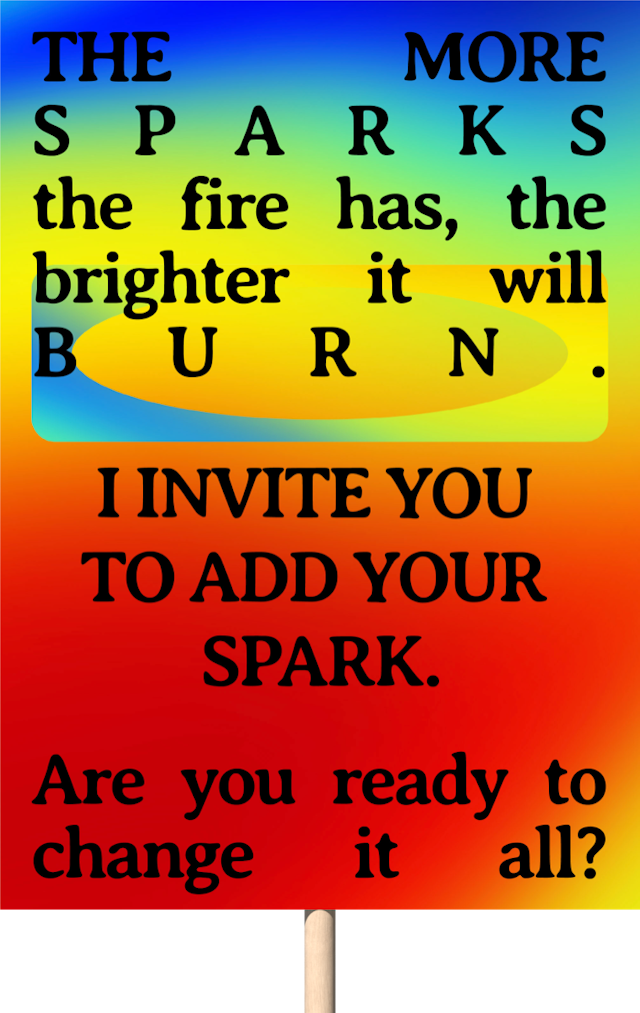
Naomi Klein
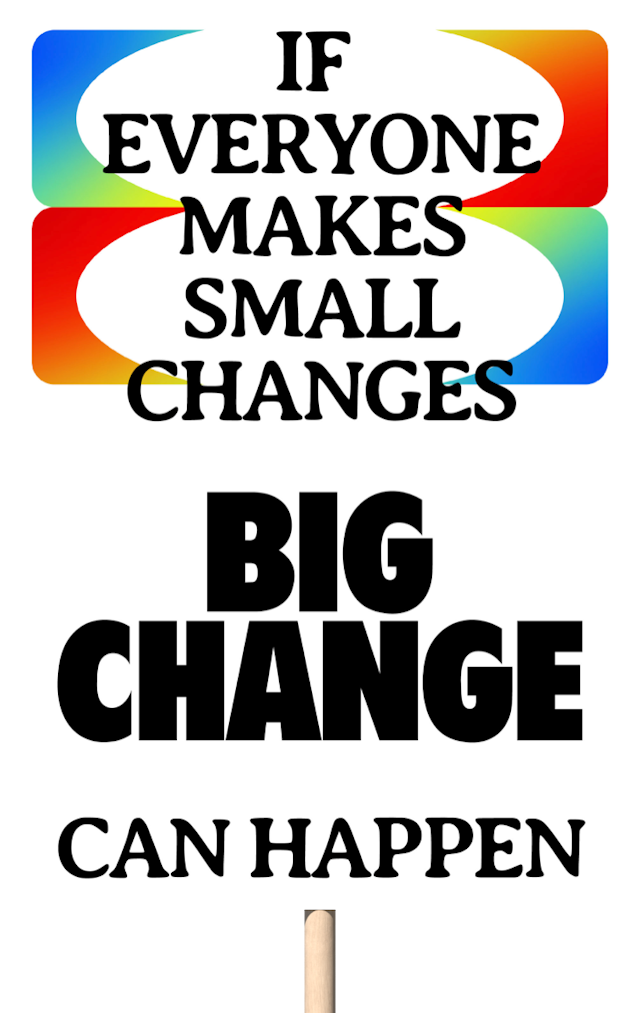
Jojo Moyes
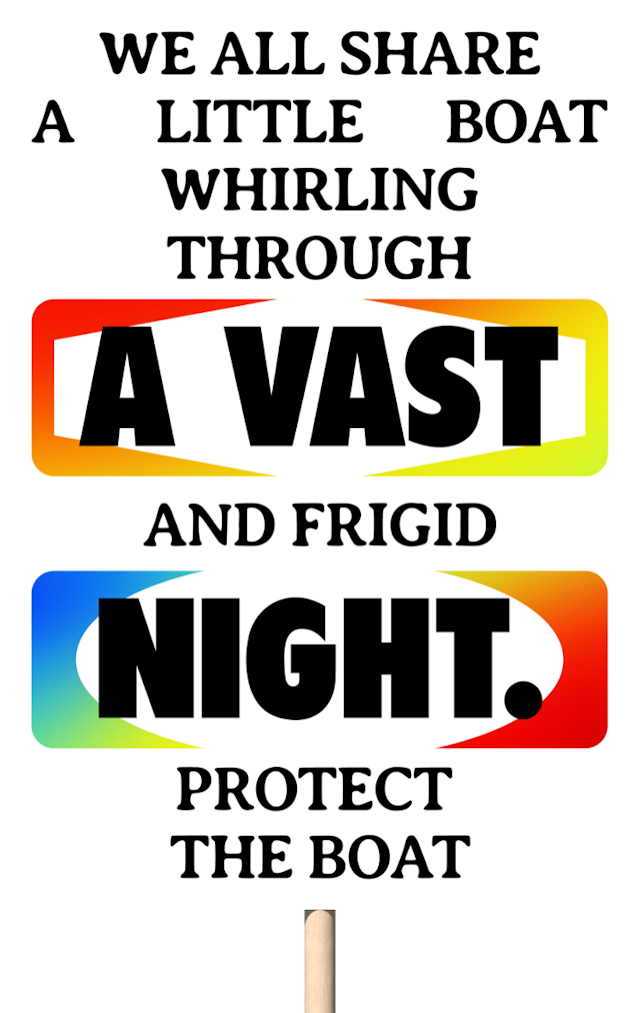
Anthony Doerr
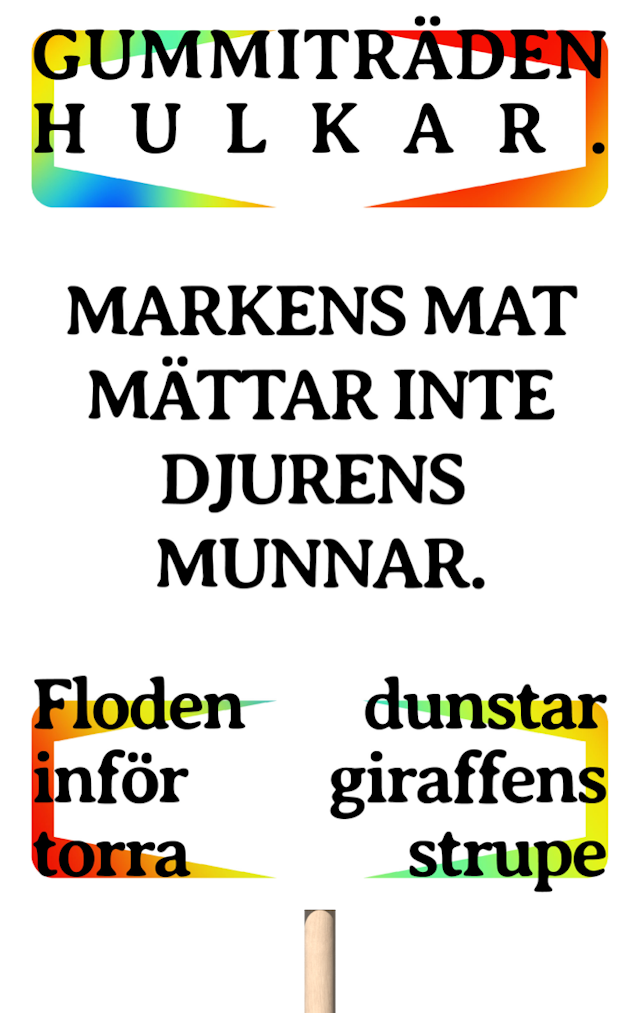
Susanna Alakoski
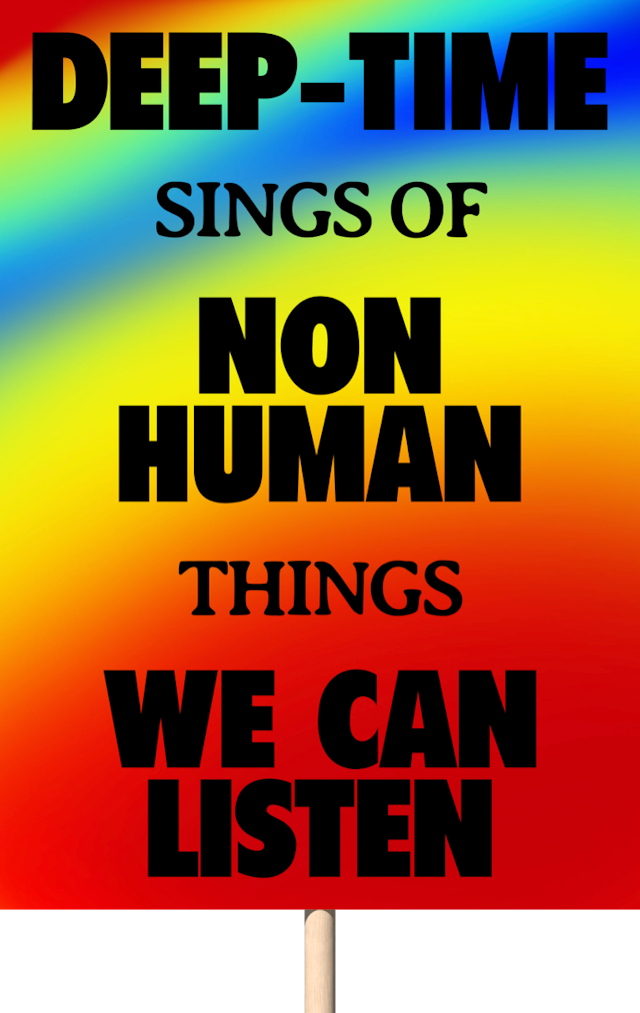
Max Porter
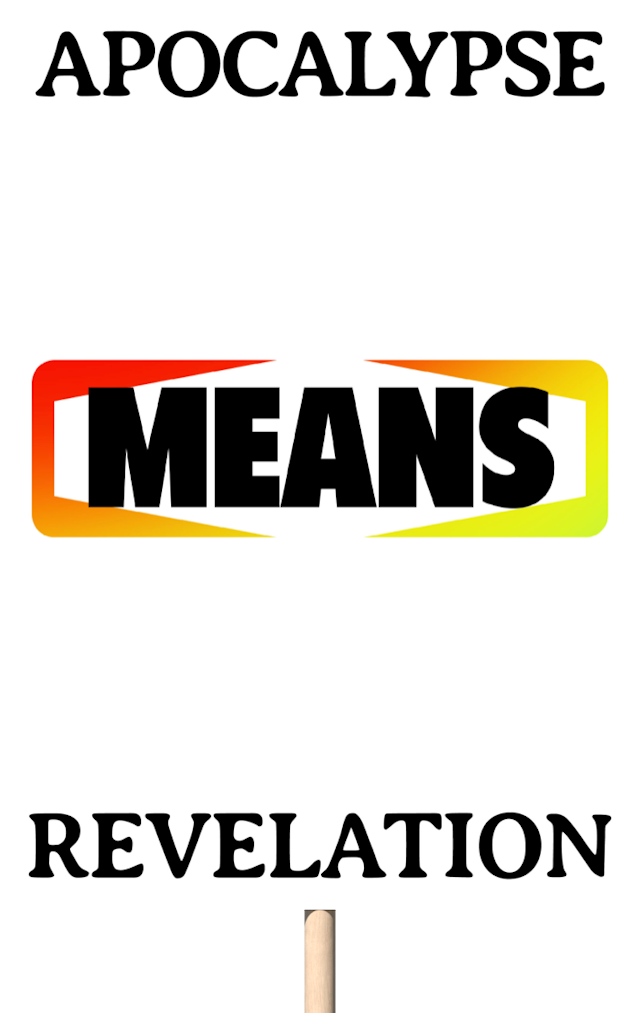
Pella Thiel
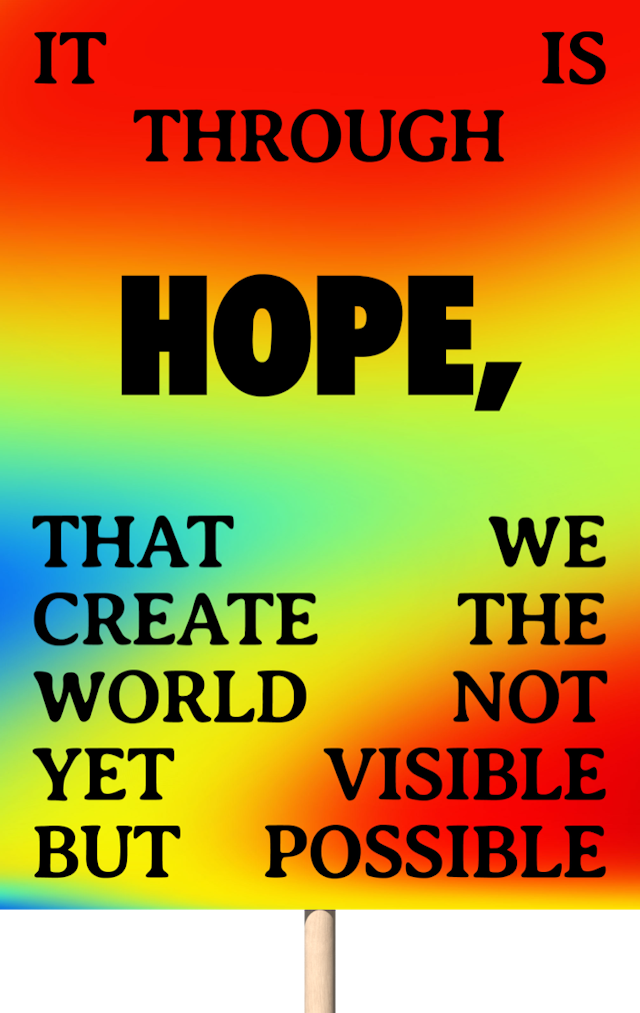
Vanessa Nakate
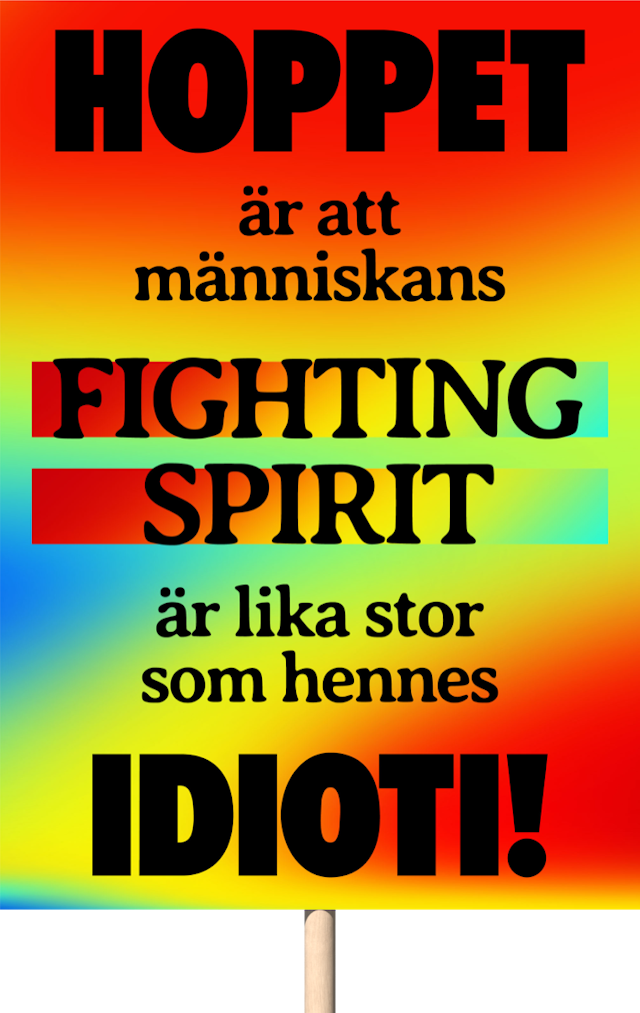
David Lagercrantz
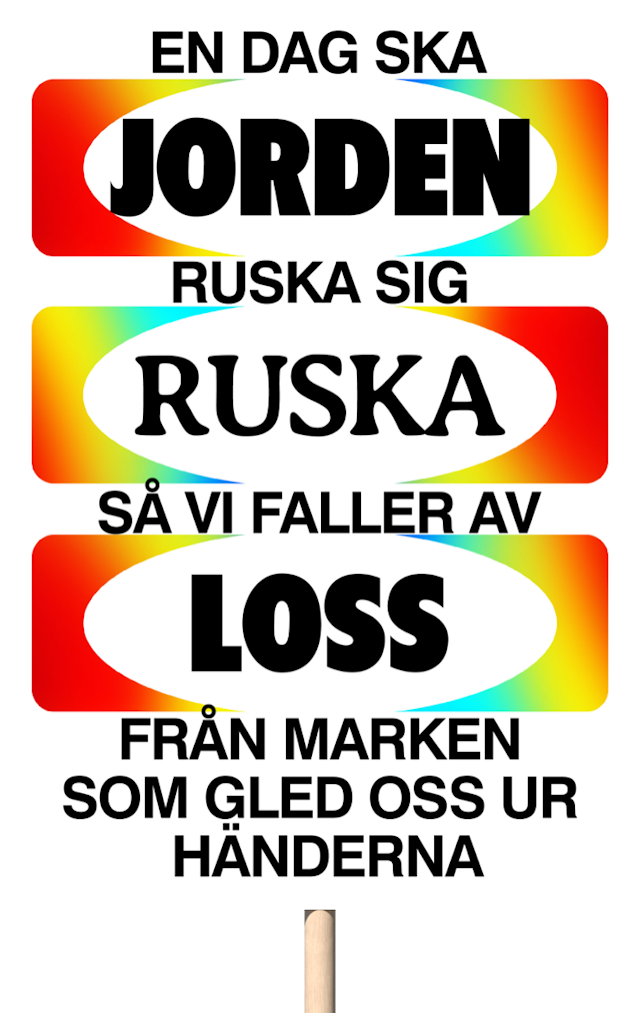
Margit Richert
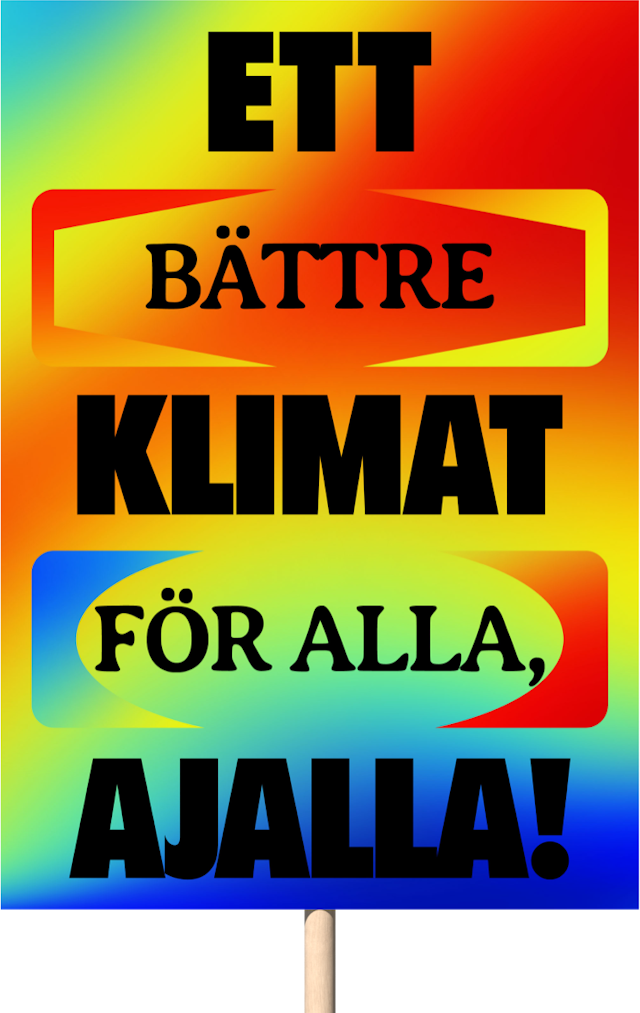
Anis Don Demina
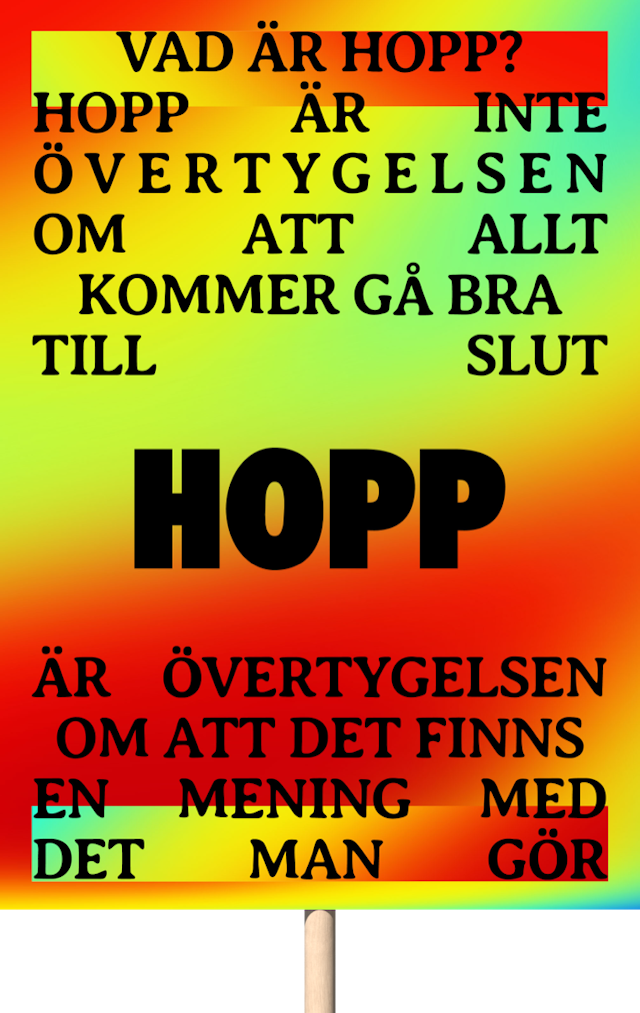
Björn Wiman
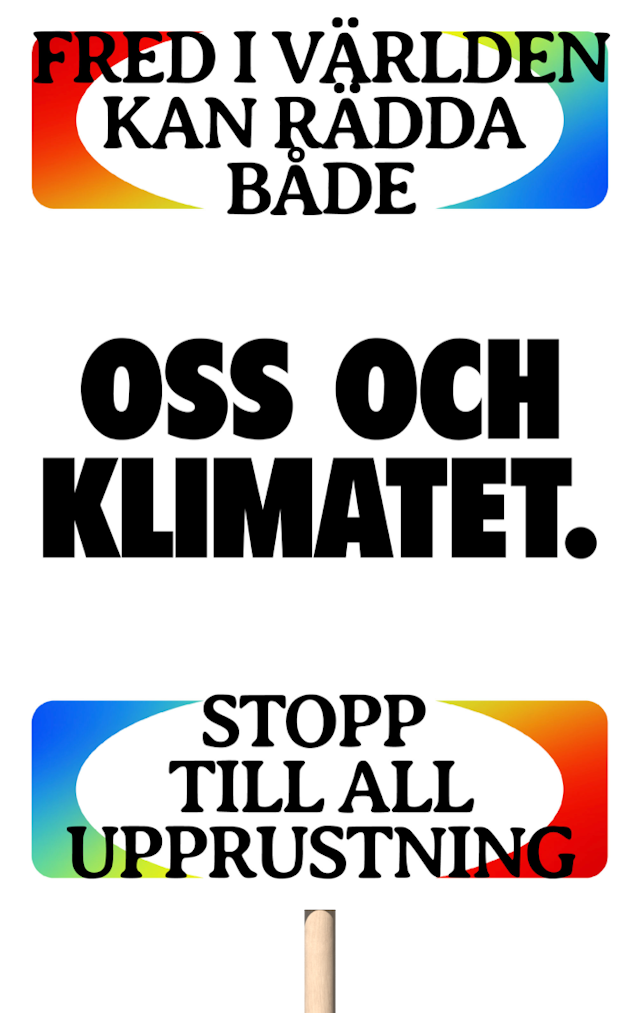
Theodor Kallifatides
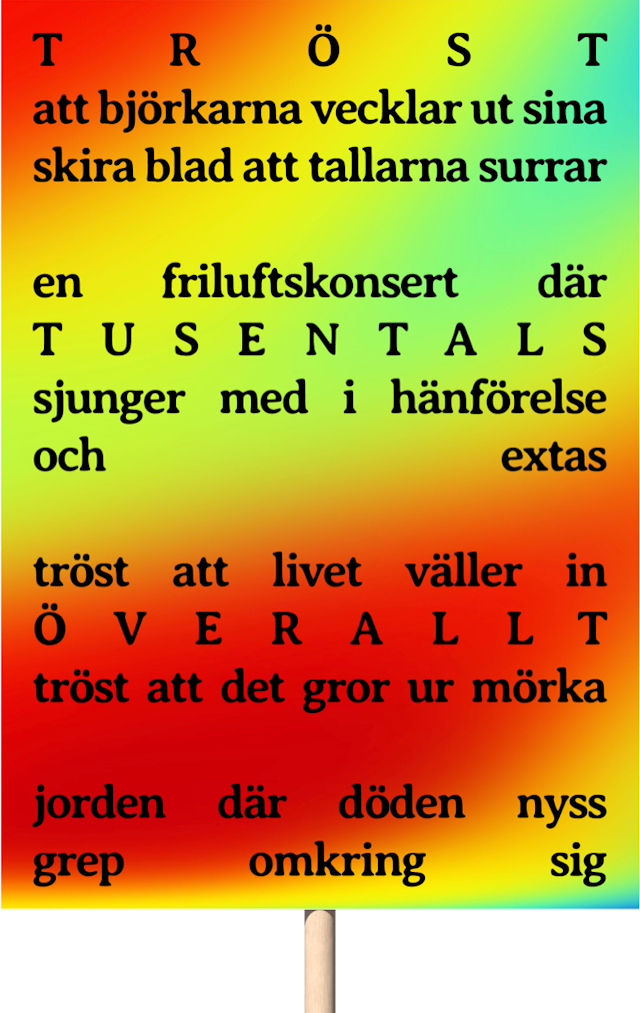
Mats Söderlund
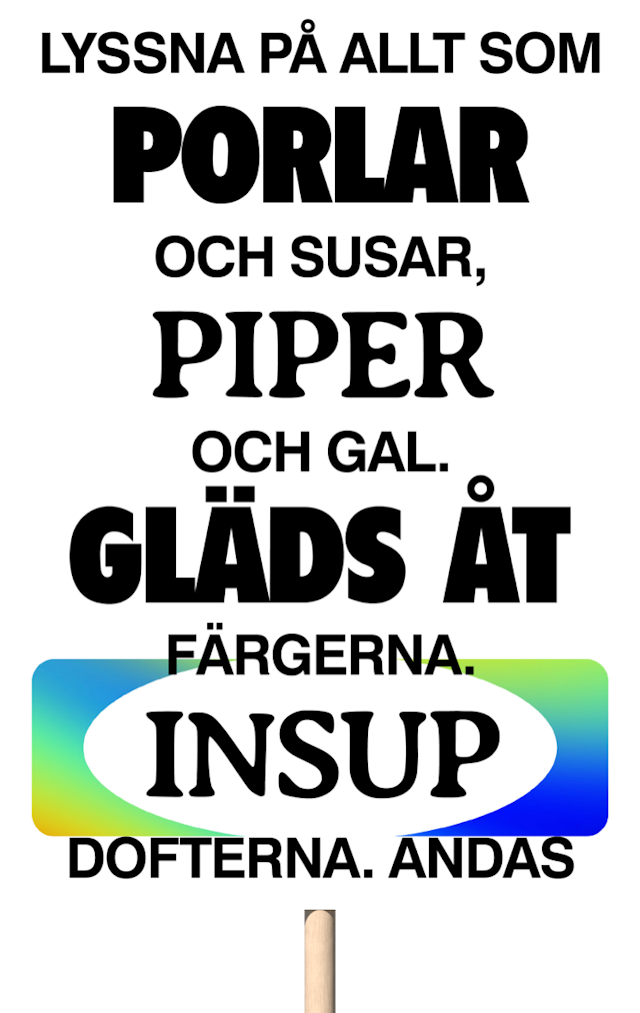
Celia B Dackenberg
